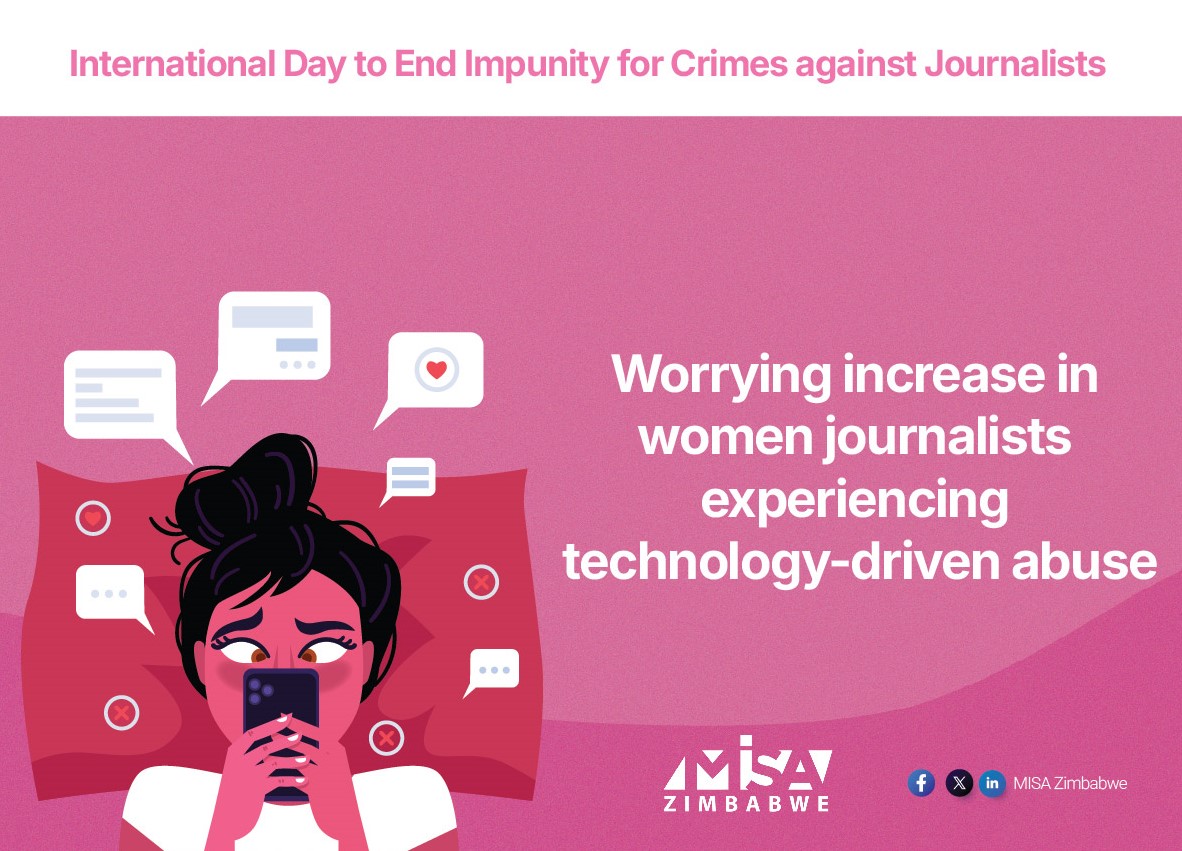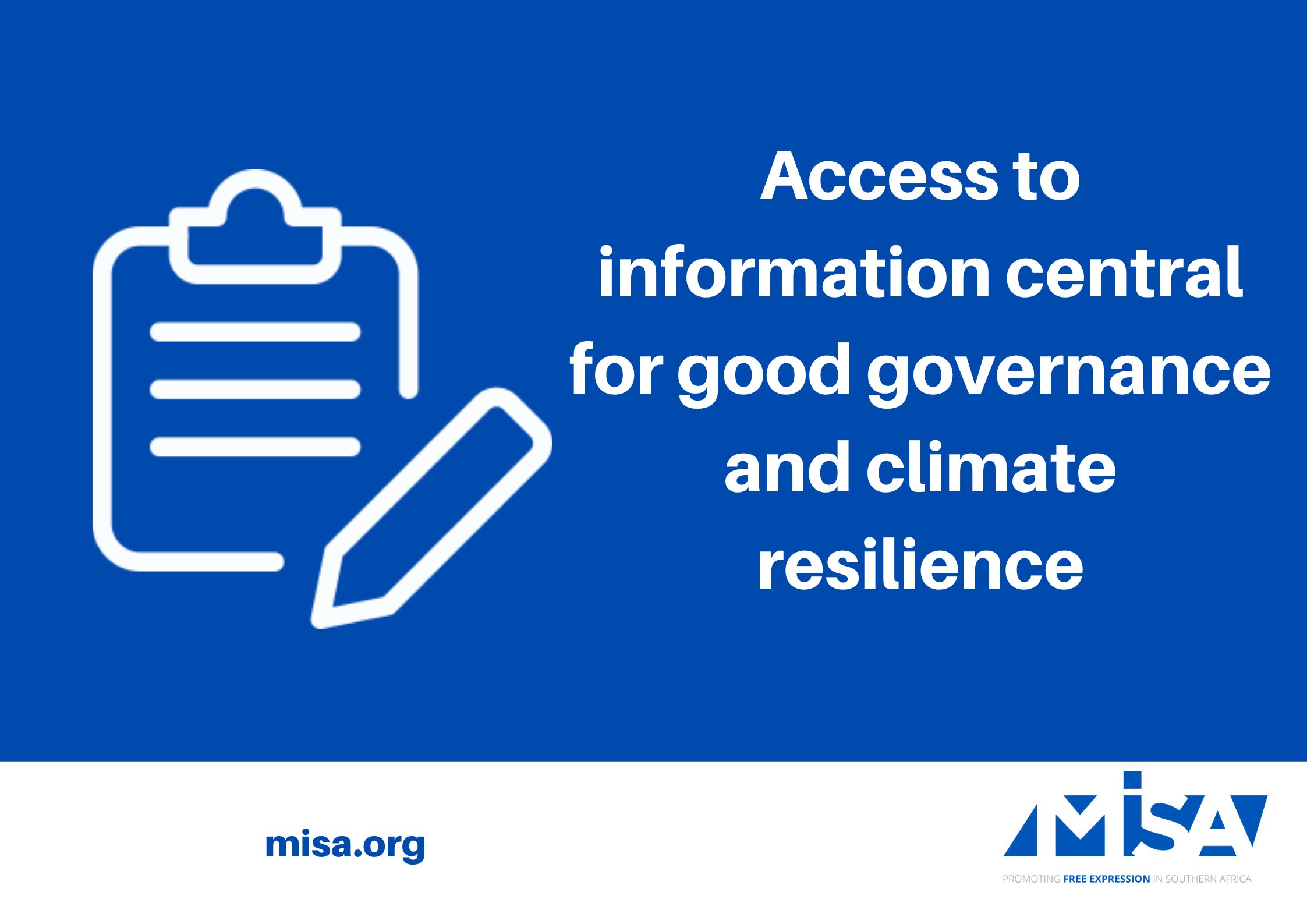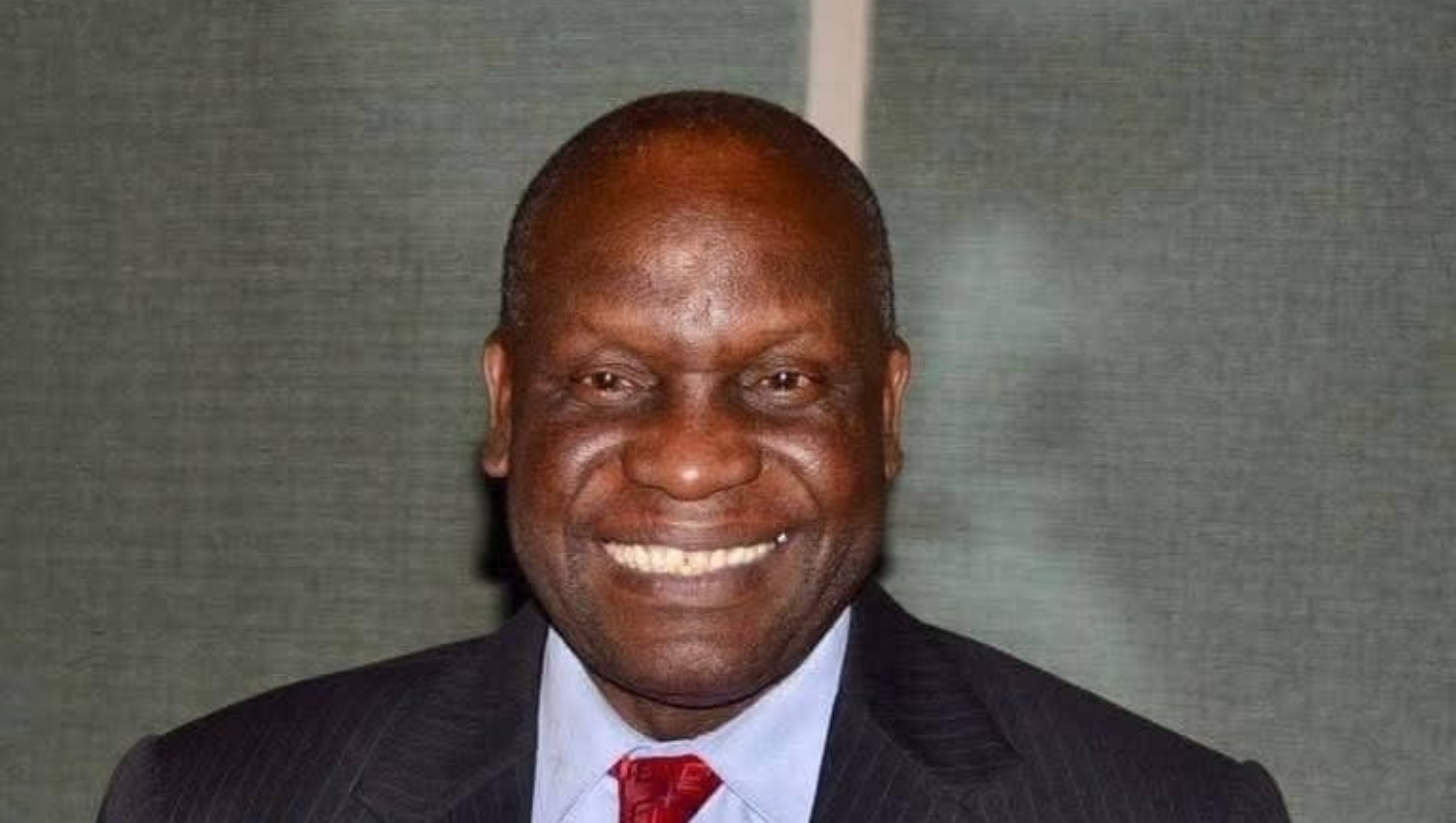The All Africa Judges and Jurists Summit convened in Nairobi, Kenya, from 17 – 18 September 2024, ended with a call to affirm judicial independence and address challenges to judicial independence and the rule of law in Africa.
The Summit expressed deep concern over the growing challenges to constitutional democracy and the rule of law on the continent, including shrinking civic space, impunity, corruption, and the erosion of democratic processes.
The Summit was convened in recognition of the fundamental human rights enshrined in the African Charter on Human and Peoples’ Rights, particularly Articles 7 and 26, which guarantee everyone the right to a fair and public hearing by an independent and impartial tribunal in the determination of rights and obligations and of any criminal charge.
The African Judges and Jurists Forum (AJJF), committed to the following:
- To undertake measures to defend, protect and promote the independence of judiciaries in Africa, including by offering solidarity to judges who face persecution for their impartiality, and engaging stakeholders on the implementation of regional and international standards on the independence of judges and lawyers.
- To advocate for the judiciaries of Africa to be recognised through a seat at the African Union.
- To deepen collaboration with the African Union human rights and rule of law bodies, to promote the development of and the implementation of African regional human rights and rule of law normative standards.
- To work towards the establishment of a judicial fund to protect judicial officers in distress or who are being persecuted for their impartiality and other reasons, in line with Resolution No.2 of the Monomotapa Plan of Action on Addressing Emerging Threats to Judicial Independence in Africa of April 2016.
- To strengthen collaboration with the Mandate of the United Nations Special Rapporteur on the protection of the independence of judges and lawyers, including by undertaking collaborative measures to defend, protect and promote the independence of judges in Africa.
- To undertake measures to strengthen the capacity of judges and the institutional capacity of judiciaries and judicial training networks in Africa to address contemporary challenges which affect timely delivery and access to justice, protection of human rights and the enforcement of the rule of law.
- To undertake measures to promote financial independence of judiciaries in Africa, including advocating that at least 3% of the national budget be ring fenced for the judiciary.
- To provide legal and technical assistance to the African Union and other stakeholders on the implementation of the African Union Resolution AU/Dec.847(XXXVI) adopted in February 2023, on the need to claim reparations to address the ongoing suffering of the African people as a result of slavery and colonialism.
- To promote the decolonisation and harmonisation of African domestic legal systems to embody and give expression to progressive African values.
- To strengthen African judiciaries’ engagement with emerging technologies, including Artificial Intelligence, and leverage on them to advance the rule of law and access to justice.
- To undertake measures to strengthen the role of judges in protecting civic space, including through the application of regional and international standards on freedom of expression, freedom of association, freedom of peaceful assembly, and the right of access to information.
- To undertake measures to promote electoral justice, including championing the development of a coherent Pan African jurisprudence on the adjudication of electoral disputes.
MISA submissions by Dr Tabani Moyo, MISA Regional Director
MISA Regional Director Dr Tabani Moyo made submissions at the Summit, highlighting that legal systems are crucial in determining how society advances, from the creation of governments to the constitutional enactment of democratic ideals, defending human rights, and controlling business transactions.
Dr Moyo said swift progress in technology in recent times has offered novel prospects for tackling these issues and transforming the functioning of the criminal justice system.
The Covid-19 pandemic proved to be a catalyst for the emergence of digital courts. Courts have learnt a great deal about how to use technology to improve the fairness of the legal system in the post-pandemic environment and have made great strides towards achieving access to justice. He said judges, attorneys, and litigants were now communicating more effectively while court systems that use digital solutions were able to clear the backlog of cases.
The African Union’s High-Level Panel on Emerging Technologies (APET) recognises the potential of technology to revolutionise the African justice system. Key technologies such as AI, machine learning, and blockchain can significantly improve efficiency, transparency, and accessibility.
However, challenges such as the digital divide, ethical considerations, and infrastructure limitations must be addressed to ensure equitable access to justice for all.
Dr Moyo said if technology is used to speed up the criminal justice system, its efficiency, equity, and public safety will significantly improve. To create a more fair and efficient criminal justice system going forward, legislators, attorneys, and technologists must work together to take advantage of these opportunities and overcome these obstacles, he said.













